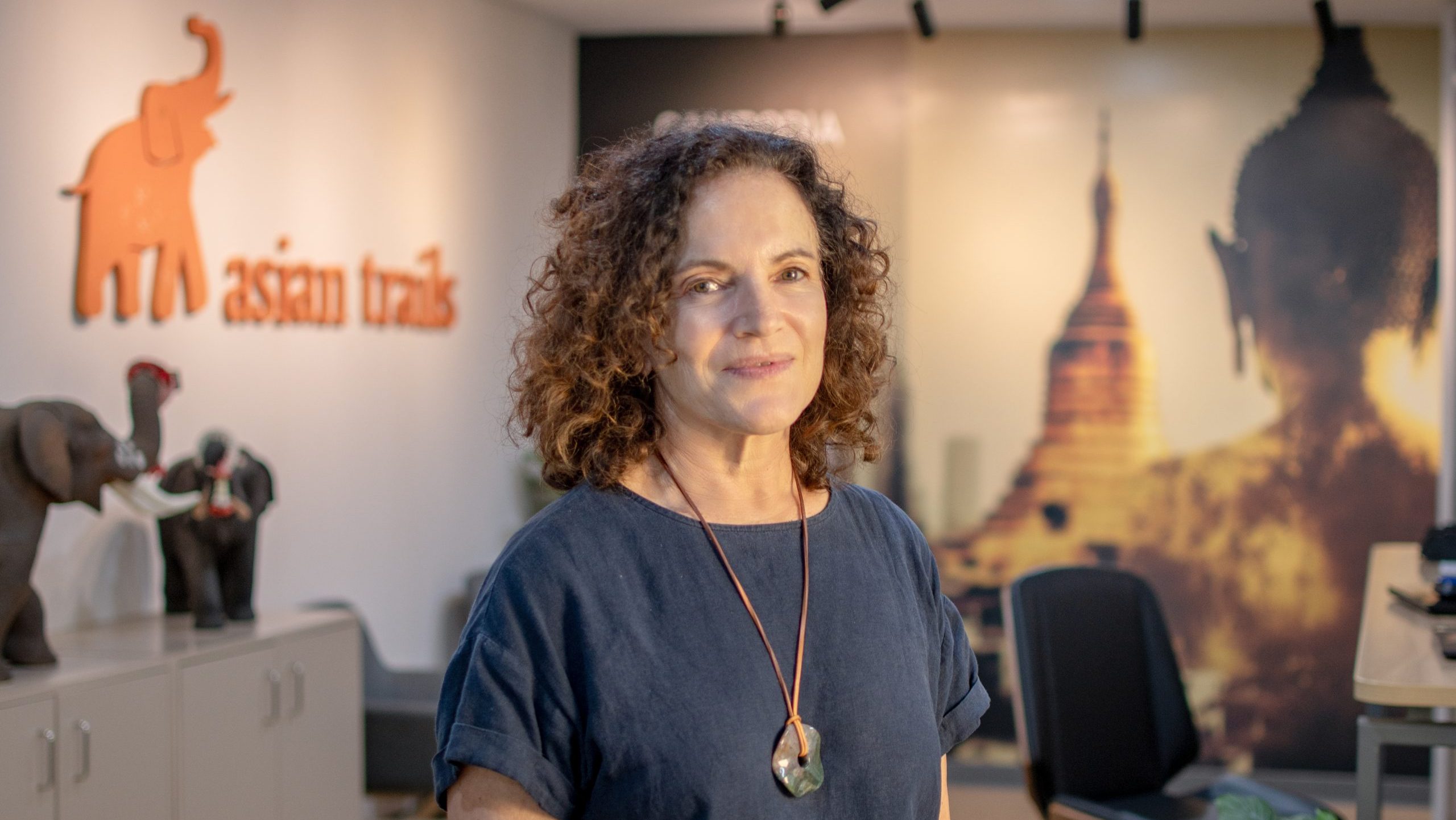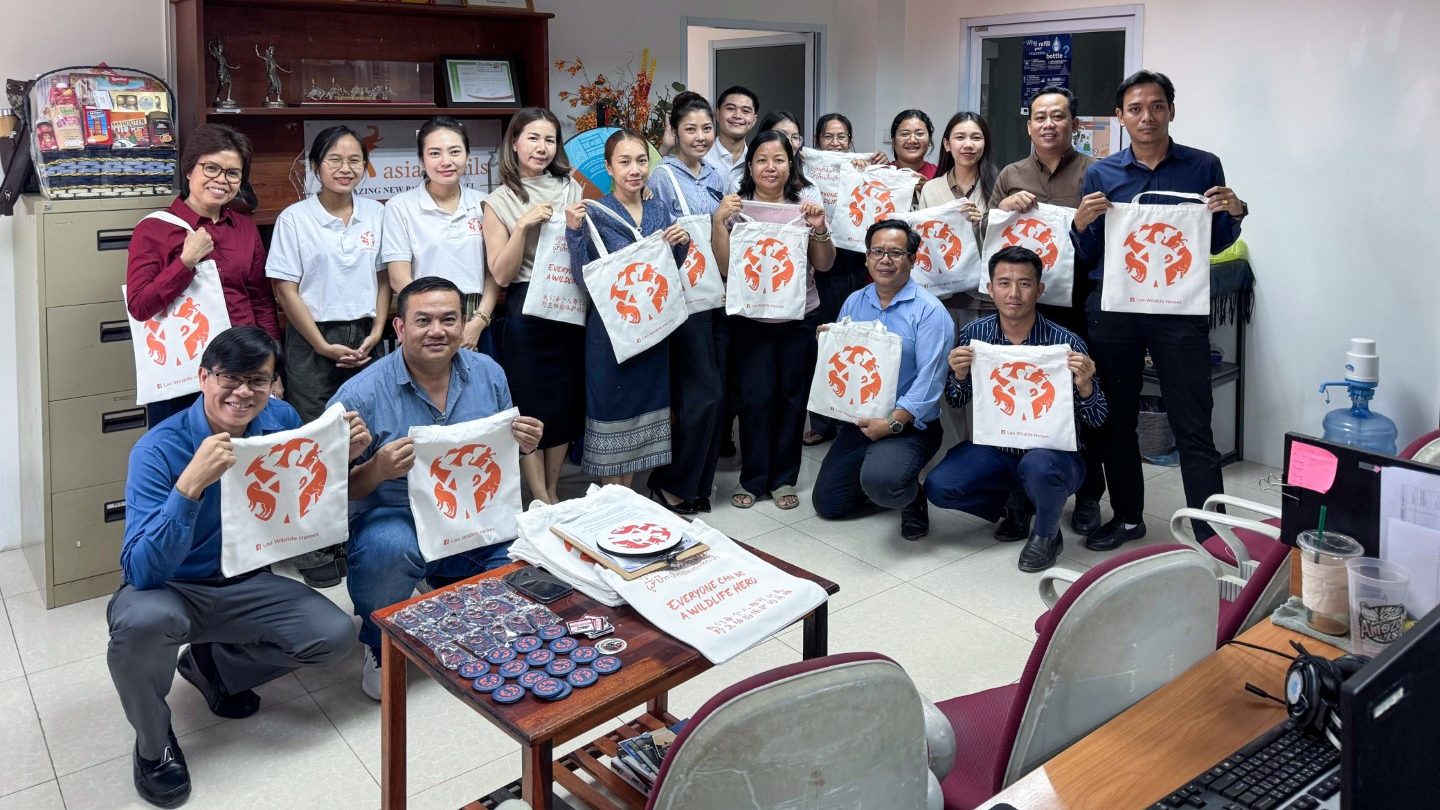Asian Trails strengthens commitment to animal welfare
Asian Trails has updated its Animal Welfare Policy to raise awareness among stakeholders about acceptable practices in animal-related tourism.
Originally launched five years ago, the policy, together with our Travelife certification, has been integral to embedding sustainable practices into our daily operations.
However, ongoing confusion around issues such as captive wildlife and tourist-animal interactions has led us to refine and clarify the language and intent of our guiding principles to ensure that our teams and partners on the ground clearly understand and uphold our values.
The updated policy places greater emphasis on specific tourism activities, such as elephant interactions. Many elephants, once part of the logging industry, have since transitioned to life in elephant camps.
Asian Trails believes it is our responsibility – as well as that of all our stakeholders – to support communities that rely on elephants for their livelihoods, while also ensuring the welfare of the animals themselves.

In line with this commitment, the revised policy prioritises support for camps and sanctuaries that focus on the care of retired working elephants, the rescue of abused animals and the broader conservation of the species.
Other key policy enhancements include an internal checklist for product managers and a Responsible Animal Excursion List, which is reviewed annually to ensure all featured experiences meet established welfare standards.
Promoting responsible tourism offers hope for wildlife protection through partnerships with ethical organisations, such as elephant and bear sanctuaries, orangutan reserves and marine parks.
These stakeholders rely on responsible tourism and visitor-generated fees to sustain habitats and protect species. In many cases, proceeds also support anti-poaching efforts.
South-East Asia is a biodiversity hotspot – home to approximately 20 per cent of the world’s plant, animal and marine species. The region also boasts the highest number of coral reef species globally, over 600, representing one-third of the world’s total, according to the ASEAN Centre for Biodiversity.



Yet, the International Union for Conservation of Nature’s Red List Index shows that South-East Asia faces the highest extinction risk for birds and mammals, driven largely by deforestation and habitat loss.
Of concern, over 7,000 species of animals and plants have been identified in the illegal wildlife trade and the list of protected species continues to grow.
A key solution to combatting these threats is awareness raising. By empowering our staff through training, they can become agents of change.

Group Sustainability Manager Emi Weir said: “Staff training is incredibly important. Many of us living in cities don’t realise how fragile rural ecosystems are or the enormity of the threat to wildlife.
“Our frontline staff must understand the reasons we promote certain activities and not others. Guides also need to recognise that overseas visitors may act with good intentions but lack awareness. Clear communication is key.
“For example, visitors may see animals for sale in a market and want to buy one to release or donate it to a sanctuary. But this kind of action fuels trafficking.

“Our revised Animal Welfare Policy is an important part of our online training for guides. Well-trained, knowledgeable guides are essential to advancing our wildlife protection goals.”
Our product development specialists, who create authentic and community-based activities, can also refer to the policy to ensure all new products align with responsible animal tourism guidelines.
Emi said: “For instance, there’s no reason ox-cart trips or horse riding can’t be offered, as long as the rider’s weight is appropriate, animals are treated according to our checklist and safety measures are in place.


“These activities bring income to remote communities and provide enjoyment for guests. It would be a shame if rigid policies prevented meaningful interactions between tourists and people who genuinely care for their animals.
“Last year, we connected with our German travel partner Studiosus to undertake joint sustainability training in Laos and Cambodia – an initiative that demonstrates our commitment to continuous improvement.

“Organisations like World Animal Protection have called out unethical practices in animal tourism, which makes adherence to clear guidelines more important than ever.”
One challenge is that animal welfare organisations in Asia are often smaller and less-well funded than say those in Africa, where the wildlife tourism industry is more established, with a higher-paying customer base attracted to a multitude of luxury safari camps that support both conservation and local communities.
Additionally, many excursions in our destinations are operated by families or small businesses. While these operators are crucial to community tourism, they may prioritise livelihoods over best practices, which reinforces the need to support and guide them toward responsible wildlife tourism.
At Asian Trails, we are proud to remain deeply committed to frameworks that protect – rather than exploit – Asia’s extraordinary wildlife and ecosystems.
Our updated Animal Welfare Policy can be accessed here.
Stay up to date
Get more B2B travel news direct to your inbox.






























